If you're experiencing slow draining in your kitchen sink, the first thing to check for is a clogged drain. This is a common problem that can be caused by a variety of factors, including food debris, grease buildup, and foreign objects stuck in the pipes. Fortunately, there are several solutions for unclogging a drain and restoring proper drainage to your sink. One effective method for clearing a clogged drain is using a plunger. Simply place the plunger over the drain and push down and up vigorously to create suction and dislodge the clog. You can also try using a drain snake or a homemade mixture of hot water, baking soda, and vinegar to break up and flush out the clog. In some cases, a clogged drain may require the help of a professional plumber. They have specialized tools and techniques to effectively remove stubborn clogs and ensure long-term drainage solutions.1. Clogged Drain Solutions
If your kitchen sink is draining slowly, it's important to address the issue as soon as possible to avoid further complications. The first step is to remove any visible debris from the drain, such as food scraps or hair. Once the visible blockage is removed, you can try using a plunger or drain snake to clear the rest of the clog. If these methods don't work, you may need to remove the P-trap, a curved pipe located under the sink, to access and remove the clog manually. It's important to have a bucket ready to catch any water or debris that may come out of the pipe. If you're uncomfortable doing this yourself, it's best to call a professional plumber for assistance.2. How to Unclog a Kitchen Sink
Regular maintenance can help prevent slow draining in your kitchen sink. You can start by regularly pouring boiling water down the drain to loosen and flush out any buildup. Another effective method is to mix equal parts baking soda and vinegar and pour it down the drain, followed by hot water. This will create a chemical reaction that can help break down and remove any clogs. You can also use a mixture of hot water and dish soap to clean and deodorize your kitchen sink drain. Simply pour the mixture down the drain and let it sit for a few minutes before flushing with hot water. This will not only help keep your drain clear, but it will also leave your sink smelling fresh.3. DIY Drain Cleaning Tips
Understanding the common causes of slow draining sinks can help you prevent this issue from occurring in the future. As mentioned earlier, food debris, grease buildup, and foreign objects are some of the main culprits of clogged drains. To prevent these from causing problems, make sure to use a sink strainer to catch food scraps and avoid pouring grease down the drain. Other factors that can contribute to slow draining sinks include tree root intrusion, damaged pipes, and incorrect pipe installation. If you suspect any of these issues, it's best to call a professional plumber for an inspection and proper repairs.4. Common Causes of Slow Draining Sinks
As mentioned earlier, a mixture of baking soda and vinegar can be an effective DIY solution for clearing a clogged drain. This method works by creating a reaction that produces carbon dioxide, which helps to break down and dislodge the clog. It's also a natural and environmentally friendly alternative to harsh chemical drain cleaners. To use this method, start by pouring a pot of boiling water down the drain to soften the clog. Then, pour half a cup of baking soda down the drain, followed by half a cup of vinegar. Let the mixture sit for about 10 minutes before flushing with hot water. You may need to repeat this process a few times for stubborn clogs.5. Using Baking Soda and Vinegar to Clear a Clogged Drain
If you're unable to clear a clogged drain on your own, or if you're experiencing recurrent slow draining in your kitchen sink, it's best to call a professional drain cleaning service. They have the necessary tools and expertise to effectively remove even the toughest clogs and ensure proper drainage. Professional drain cleaning services can also provide preventative maintenance, such as regular inspections and cleaning, to help keep your drains clear and functioning properly. This can save you from costly repairs down the line and ensure the longevity of your plumbing system.6. Professional Drain Cleaning Services
Prevention is key when it comes to avoiding slow draining sinks. As mentioned earlier, using a sink strainer and avoiding pouring grease down the drain are simple but effective measures to prevent clogs. You can also regularly flush your drains with hot water and use a mixture of baking soda and vinegar as a monthly maintenance routine. It's also important to be mindful of what you're putting down your kitchen sink. Avoid pouring coffee grounds, oil, and other debris down the drain, as these can contribute to clogs over time. Following these preventive measures can help keep your kitchen sink draining smoothly.7. How to Prevent Slow Draining Sinks
If your kitchen sink is still draining slowly despite your best efforts, there may be an underlying issue that requires professional attention. Some common troubleshooting steps include checking the garbage disposal for any blockages, making sure the P-trap is properly installed, and inspecting the vent pipes for any obstructions or damage. If you're unable to identify or fix the issue on your own, it's best to call a professional plumber for an inspection and proper repairs. Ignoring a slow draining sink can lead to more serious plumbing problems down the line, so it's important to address it as soon as possible.8. Troubleshooting Slow Draining Kitchen Sinks
If you prefer using natural remedies for household problems, there are several options for unclogging a slow draining sink. As mentioned earlier, a mixture of baking soda and vinegar can be an effective solution. You can also try using a combination of hot water, salt, and baking soda to break up and clear out a clog. Another natural option is using a drain snake or plumber's auger to manually remove a clog. This method is more time-consuming and may require some effort, but it's a chemical-free option that can be just as effective as using store-bought drain cleaners.9. Natural Remedies for Slow Draining Sinks
While slow draining sinks can often be resolved with DIY methods, there are certain signs that indicate you need to call a professional plumber. These include recurrent clogs, foul odors coming from the sink, and water backing up into other drains. These issues may be a sign of a more serious problem, such as a damaged or clogged main sewer line. It's also important to call a plumber if you're unable to clear a clog after several attempts or if you're uncomfortable performing troubleshooting steps yourself. A professional plumber can quickly identify and fix the issue, saving you time and hassle in the long run.10. Signs You Need to Call a Plumber for Slow Draining Sinks
Understanding the Issue
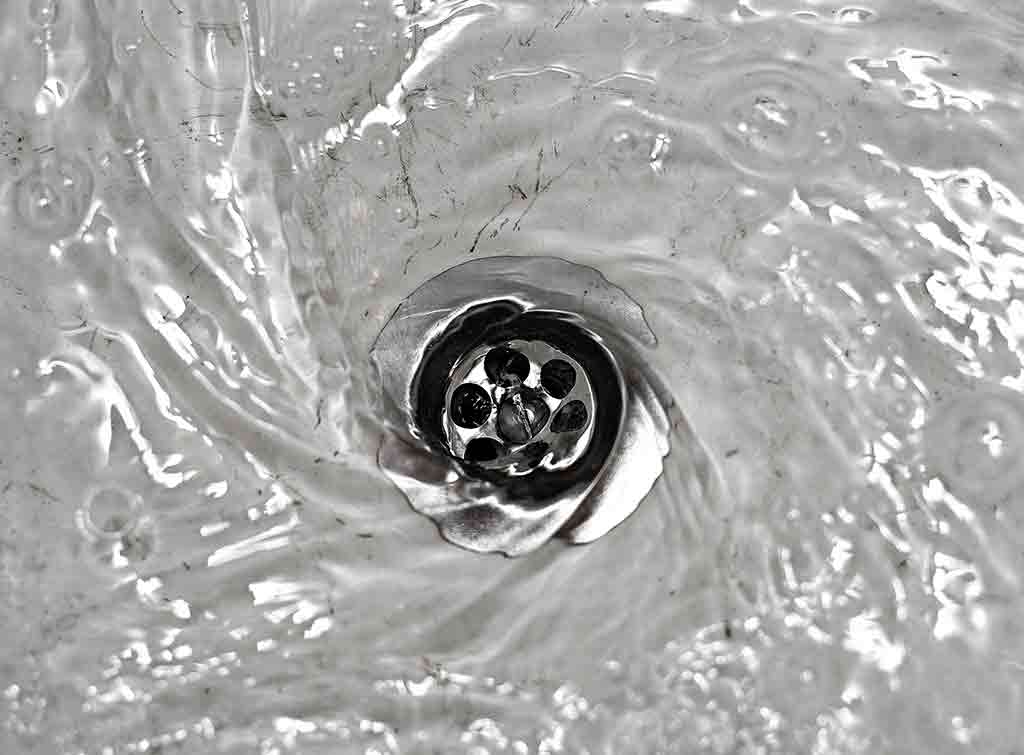 Many homeowners have experienced the frustration of a slow-draining kitchen sink. This common household problem can be caused by a variety of factors, and finding the root cause is crucial in finding a solution. From clogged pipes to improper installation, there are several potential causes that can lead to a slow-draining sink in your kitchen. In this article, we will explore the main keyword of "water draining slow in kitchen sink" and delve into the possible reasons behind this issue.
Many homeowners have experienced the frustration of a slow-draining kitchen sink. This common household problem can be caused by a variety of factors, and finding the root cause is crucial in finding a solution. From clogged pipes to improper installation, there are several potential causes that can lead to a slow-draining sink in your kitchen. In this article, we will explore the main keyword of "water draining slow in kitchen sink" and delve into the possible reasons behind this issue.
Clogged Drain
:max_bytes(150000):strip_icc()/close-up-of-overflowing-bathroom-sink-90201417-579787783df78ceb865822d8-5c30d5dac9e77c0001149e8f.jpg) One of the most common causes of a slow-draining kitchen sink is a clogged drain. Over time, debris such as food particles, grease, and soap scum can accumulate in your drain pipes, creating a blockage that prevents water from flowing freely. This can lead to a slow-draining sink or even a complete blockage if left untreated. In order to prevent this issue, it is important to regularly clean your drain and avoid putting large amounts of food scraps or grease down the sink.
One of the most common causes of a slow-draining kitchen sink is a clogged drain. Over time, debris such as food particles, grease, and soap scum can accumulate in your drain pipes, creating a blockage that prevents water from flowing freely. This can lead to a slow-draining sink or even a complete blockage if left untreated. In order to prevent this issue, it is important to regularly clean your drain and avoid putting large amounts of food scraps or grease down the sink.
Improperly Installed Pipes
 Another potential cause of a slow-draining kitchen sink is improper installation of the pipes. If the pipes are not properly aligned or connected, it can create a bottleneck effect, slowing down the flow of water. This is often seen in older homes or DIY installations where the pipes may not have been installed by a professional. In this case, it is best to consult a plumber to properly install or re-align the pipes for optimal drainage.
Another potential cause of a slow-draining kitchen sink is improper installation of the pipes. If the pipes are not properly aligned or connected, it can create a bottleneck effect, slowing down the flow of water. This is often seen in older homes or DIY installations where the pipes may not have been installed by a professional. In this case, it is best to consult a plumber to properly install or re-align the pipes for optimal drainage.
Low Water Pressure
 Low water pressure can also contribute to a slow-draining kitchen sink. If the water pressure in your home is low, it can take longer for the water to flow through the pipes and out of your sink. This can be caused by a variety of factors such as sediment buildup in the pipes, a faulty pressure regulator, or a water main break in your area. If you suspect low water pressure is the cause of your slow-draining sink, it is best to contact your water provider for assistance.
Low water pressure can also contribute to a slow-draining kitchen sink. If the water pressure in your home is low, it can take longer for the water to flow through the pipes and out of your sink. This can be caused by a variety of factors such as sediment buildup in the pipes, a faulty pressure regulator, or a water main break in your area. If you suspect low water pressure is the cause of your slow-draining sink, it is best to contact your water provider for assistance.
Faulty Venting System
 In some cases, a slow-draining kitchen sink can be caused by a faulty venting system. This system helps to regulate air pressure in your drain pipes, allowing water to flow freely. If the vent is clogged or blocked, it can create a vacuum effect that slows down drainage. This issue is more commonly seen in homes with older plumbing systems. A plumber can inspect and repair any issues with your venting system to improve the drainage in your sink.
In some cases, a slow-draining kitchen sink can be caused by a faulty venting system. This system helps to regulate air pressure in your drain pipes, allowing water to flow freely. If the vent is clogged or blocked, it can create a vacuum effect that slows down drainage. This issue is more commonly seen in homes with older plumbing systems. A plumber can inspect and repair any issues with your venting system to improve the drainage in your sink.
Conclusion
 In conclusion, a slow-draining kitchen sink can be a frustrating and inconvenient problem to deal with. However, by understanding the possible causes and addressing them promptly, you can prevent this issue from occurring in the future. Regular maintenance, proper installation, and professional assistance when needed can ensure that your kitchen sink drains efficiently and effectively.
In conclusion, a slow-draining kitchen sink can be a frustrating and inconvenient problem to deal with. However, by understanding the possible causes and addressing them promptly, you can prevent this issue from occurring in the future. Regular maintenance, proper installation, and professional assistance when needed can ensure that your kitchen sink drains efficiently and effectively.

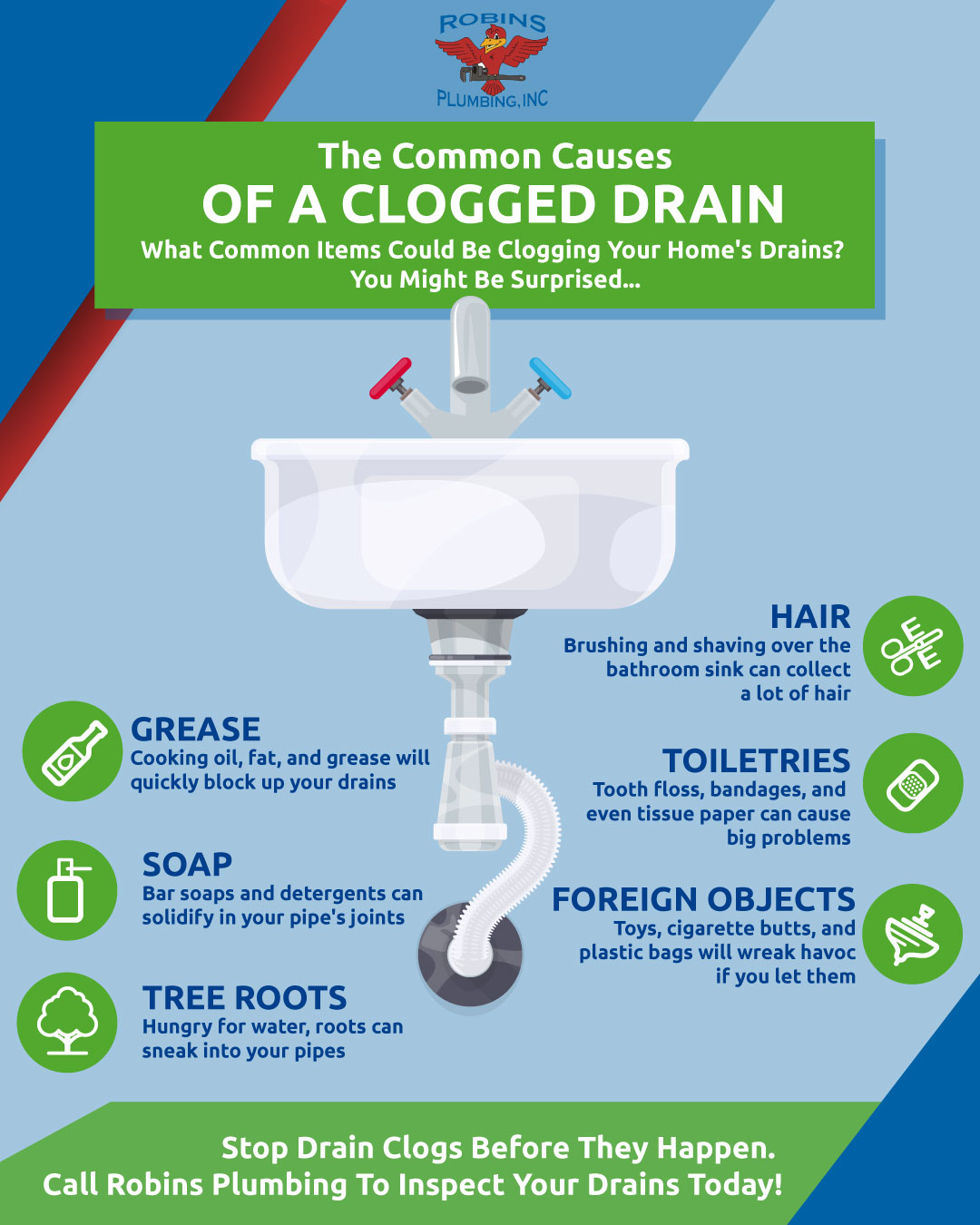

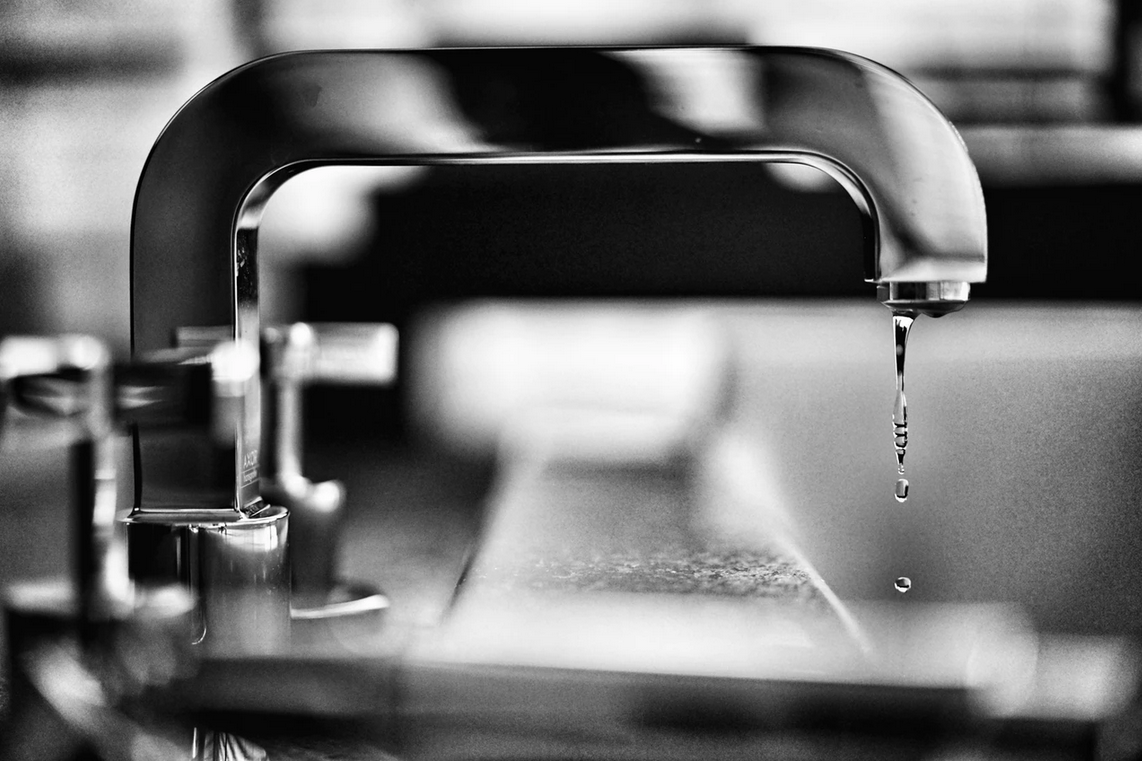












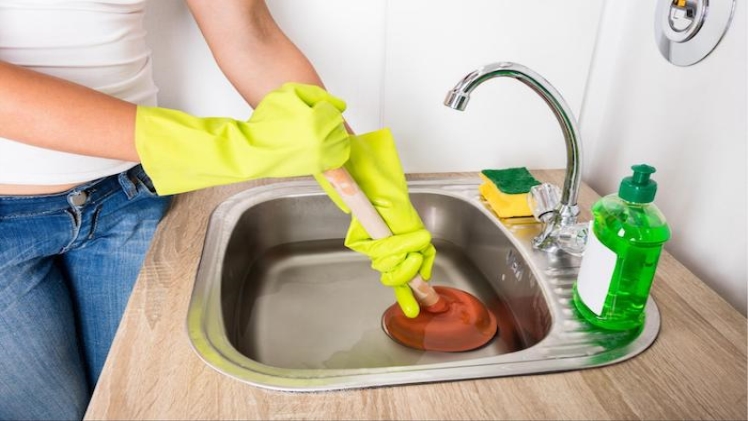





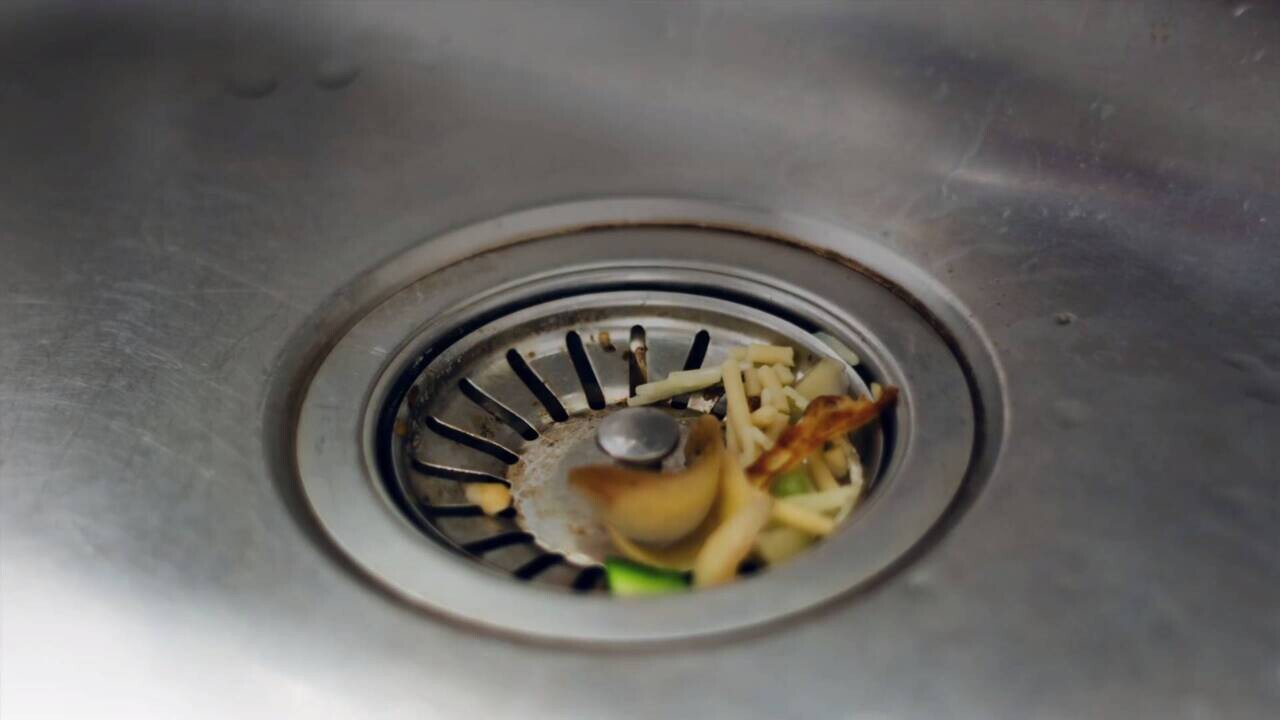
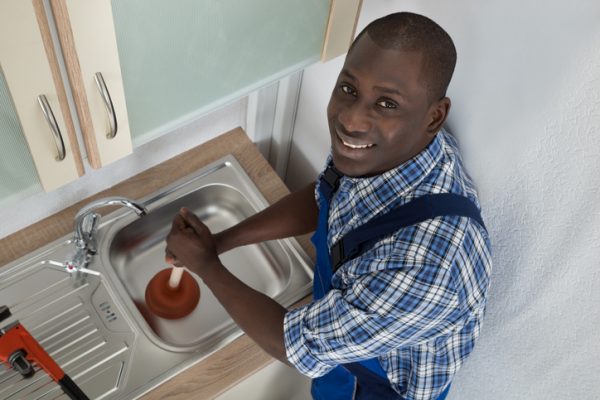
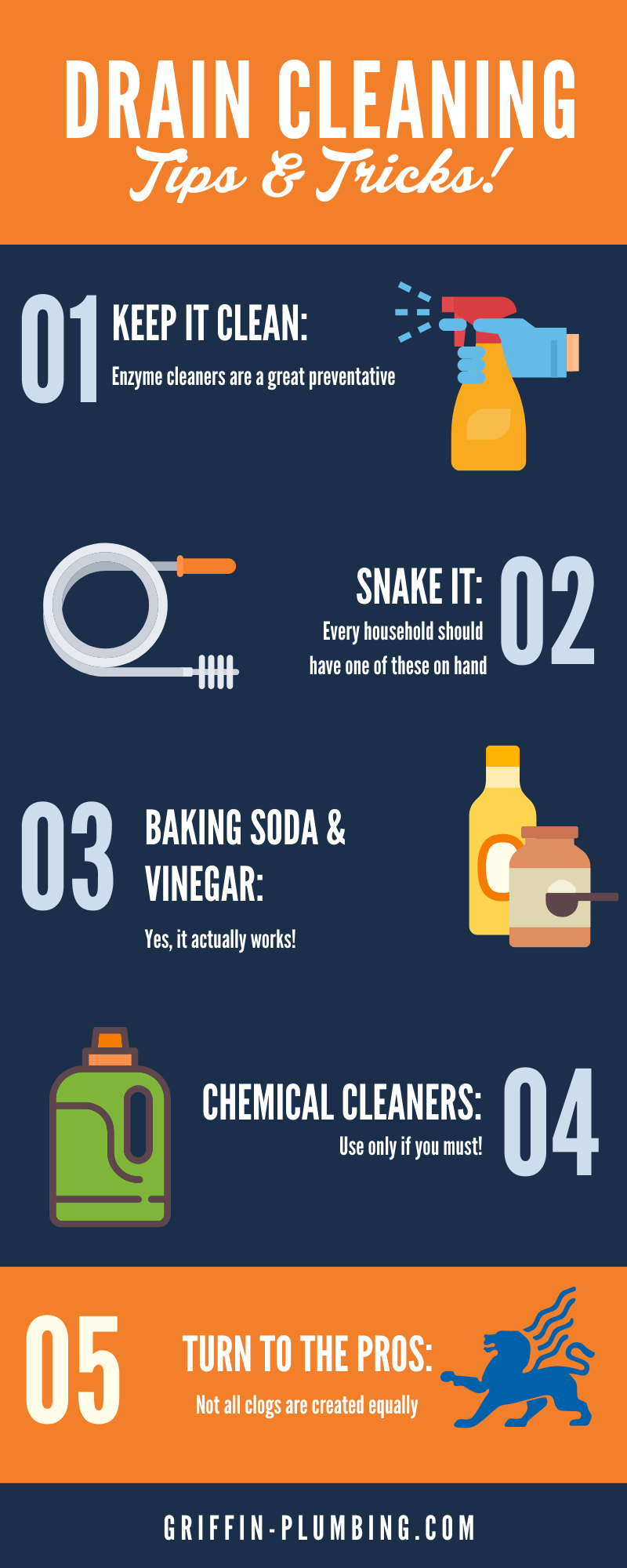



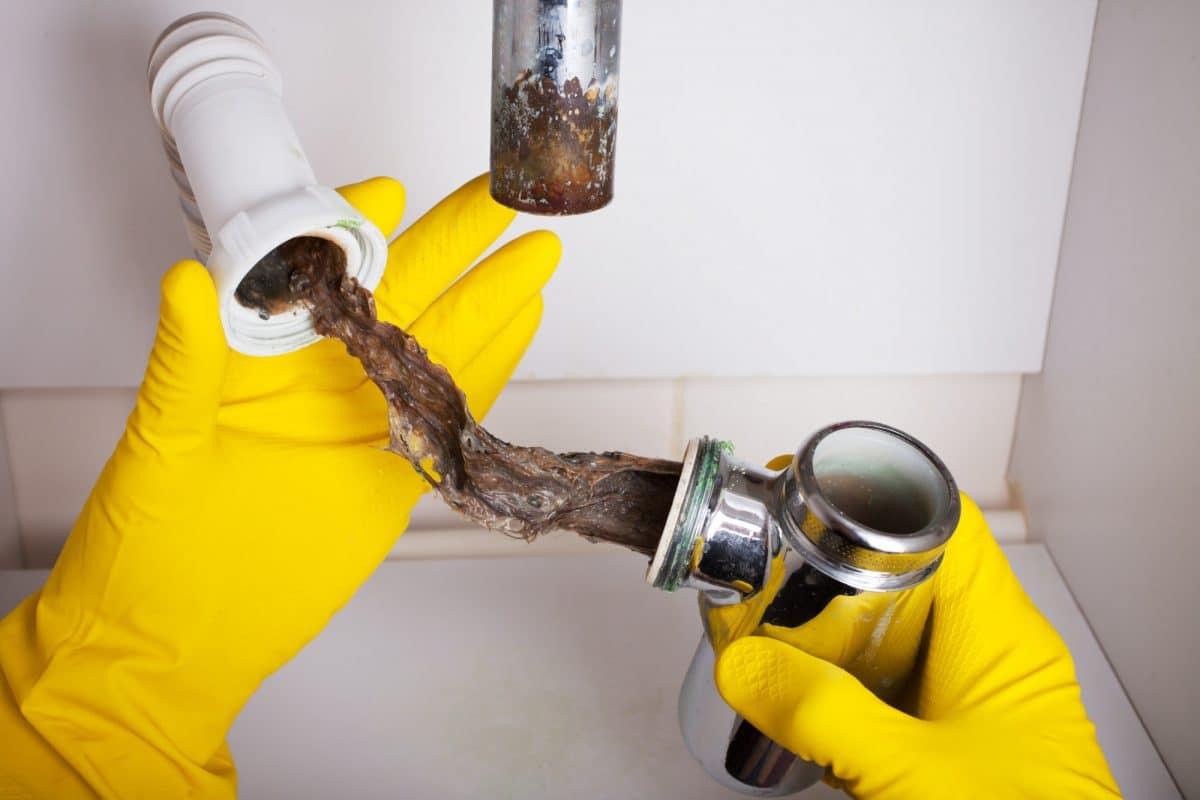
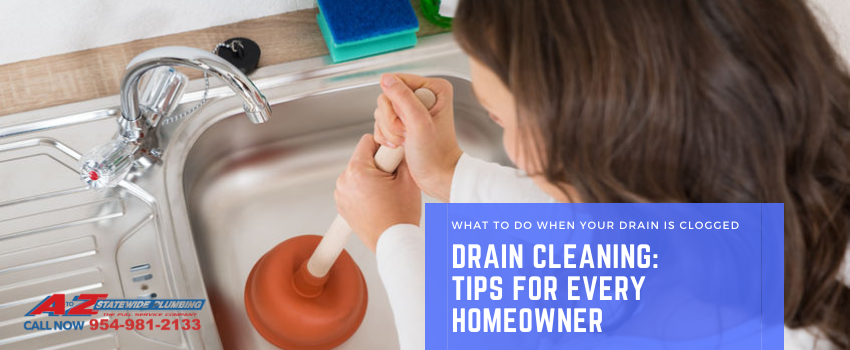
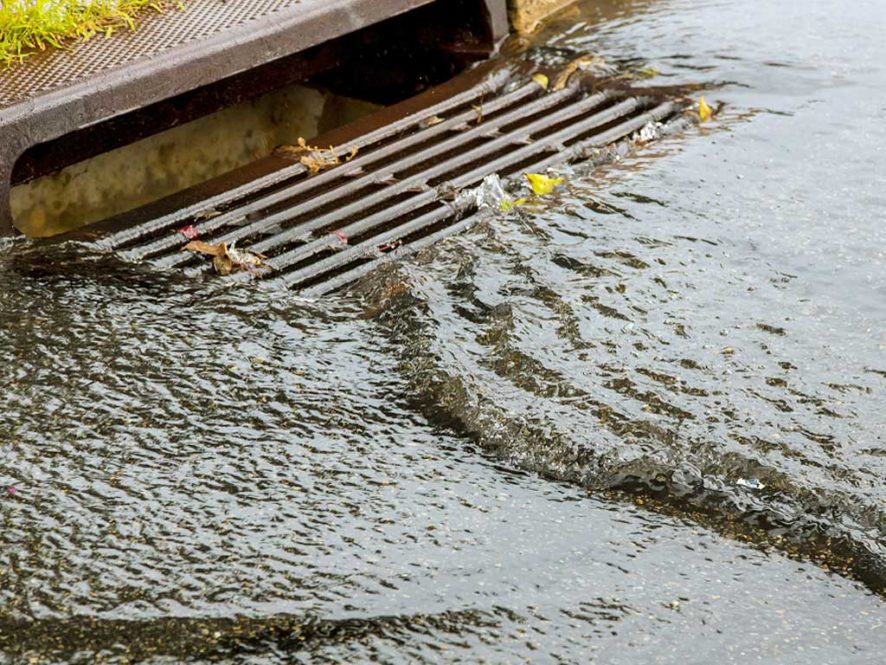

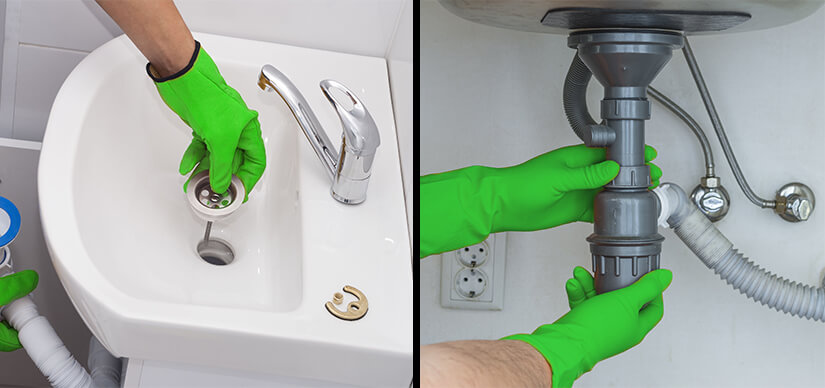
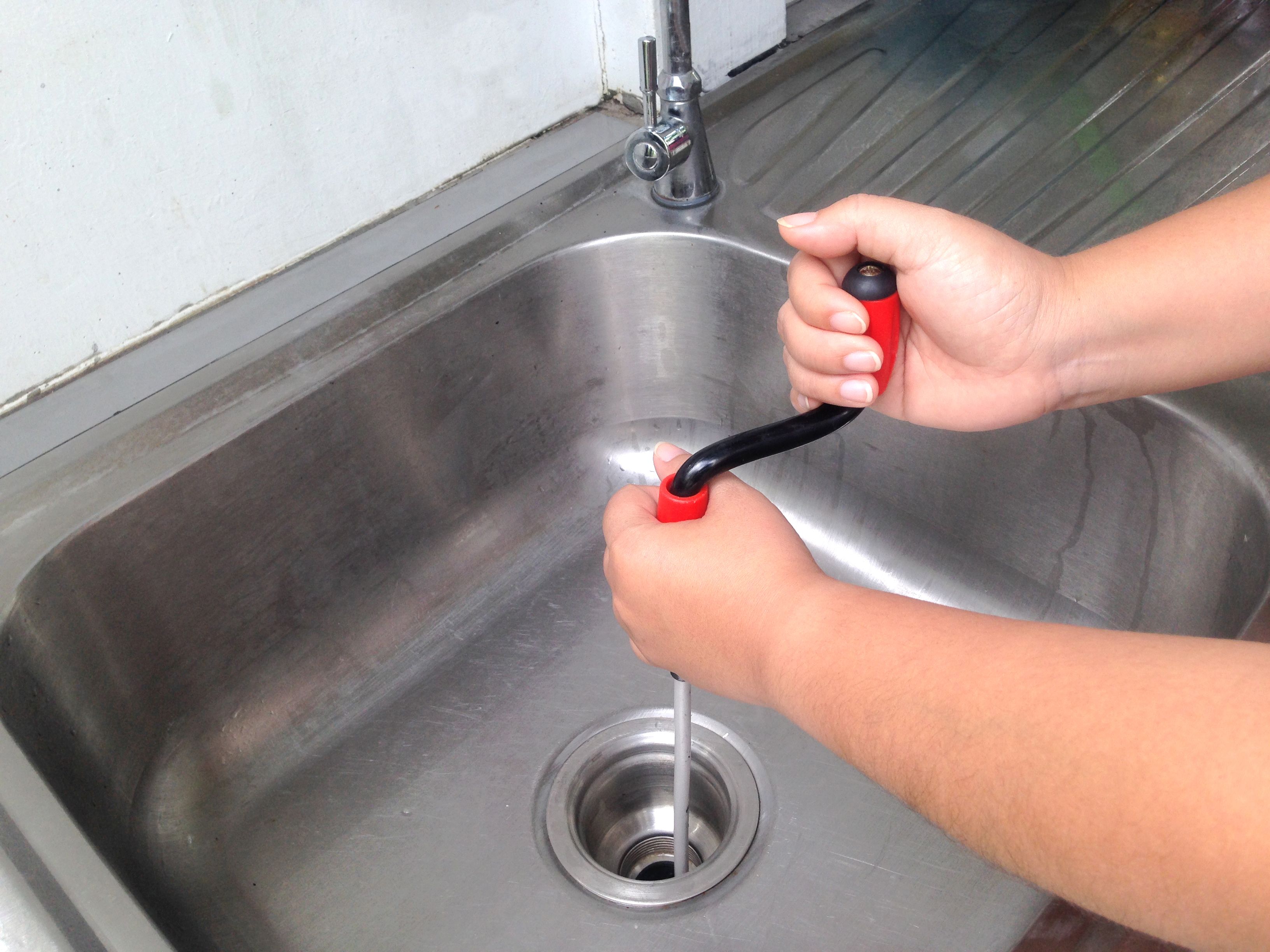
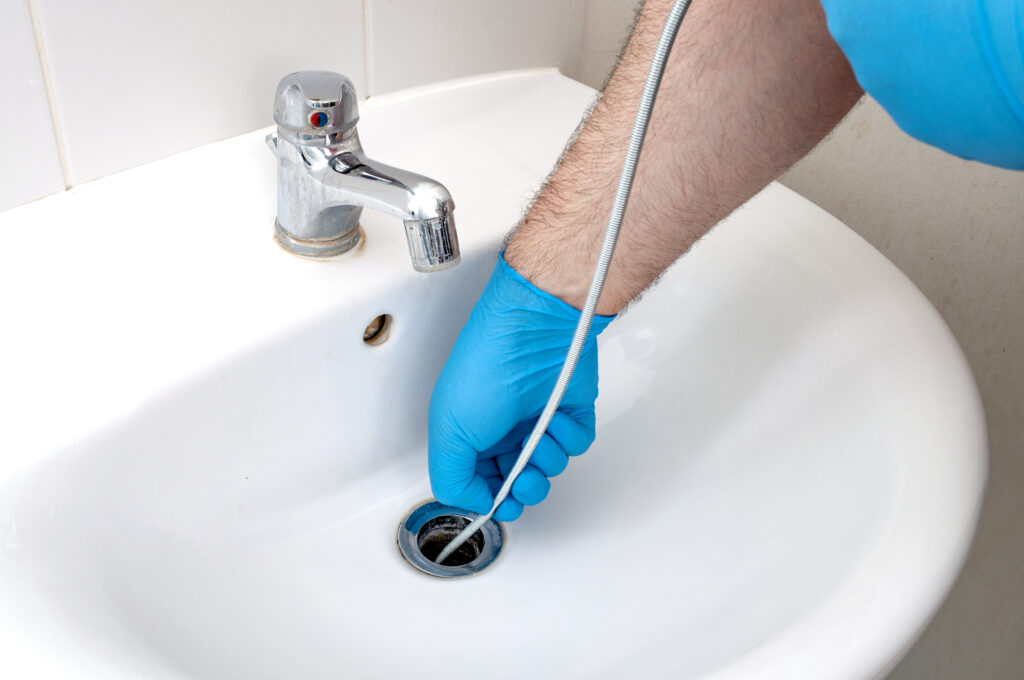




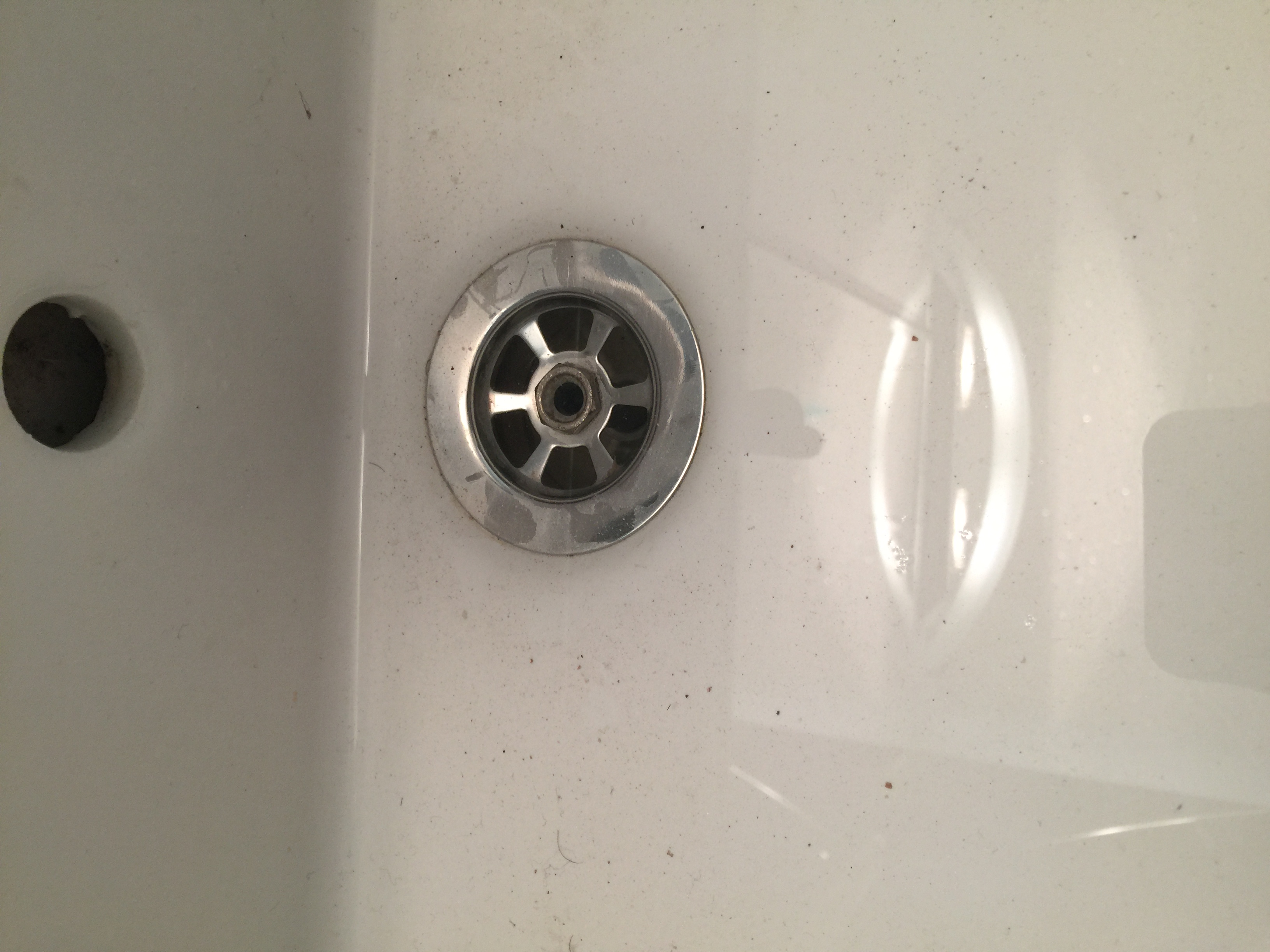
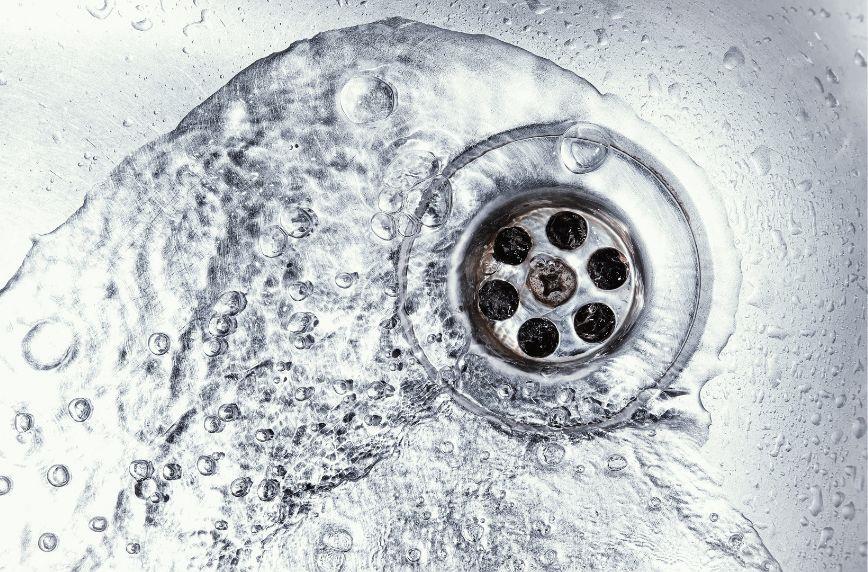










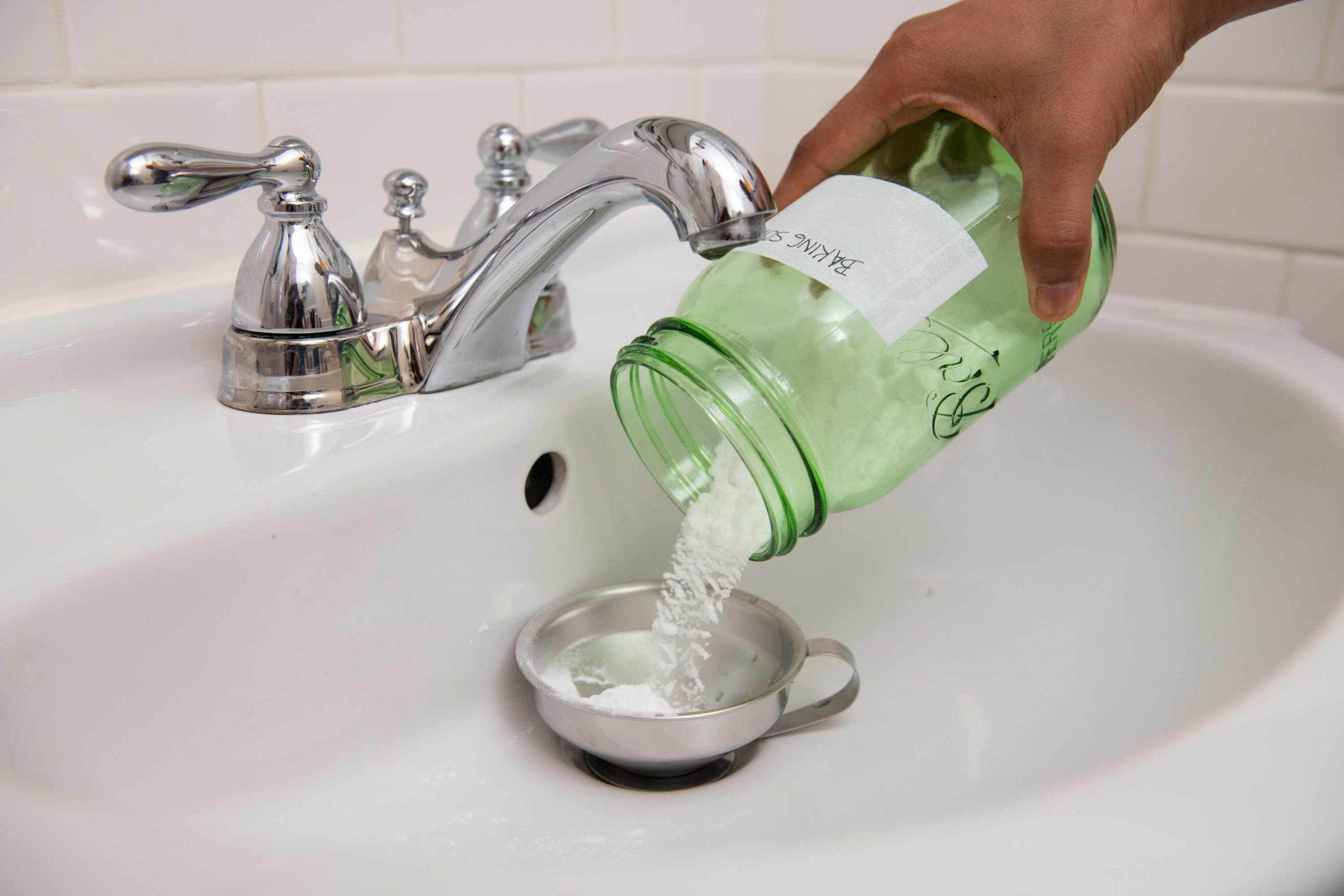
:max_bytes(150000):strip_icc()/freshen-and-unclog-drain-with-baking-soda-1900466-22-bbf940b70afa4d5abef0c54da23b1d3f.jpg)

:max_bytes(150000):strip_icc()/freshen-and-unclog-drain-with-baking-soda-1900466-18-1a5b5da01939471ca8f8823865bd1ce8.jpg)
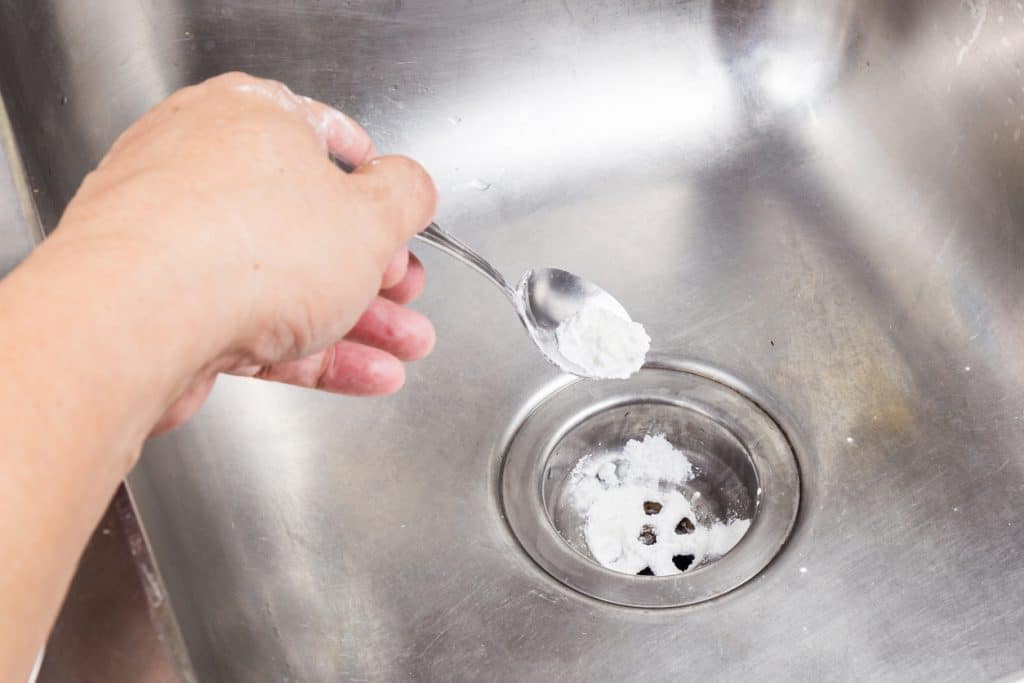


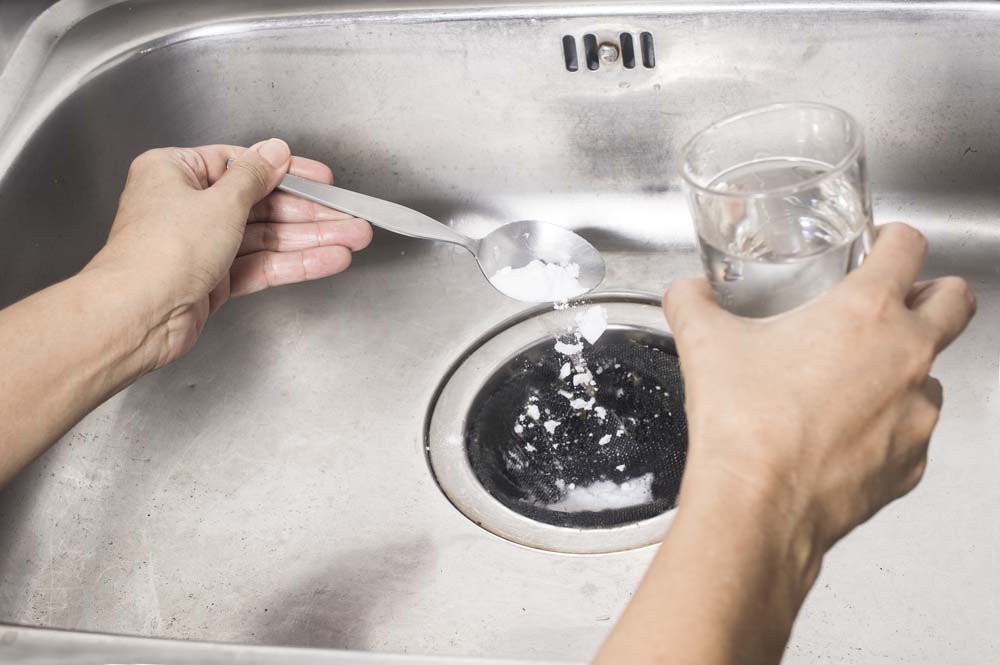




:max_bytes(150000):strip_icc()/BestDrainCleaningServices_edit-a4558e7bcba34b0781f69b27f6eb98fc.jpg)
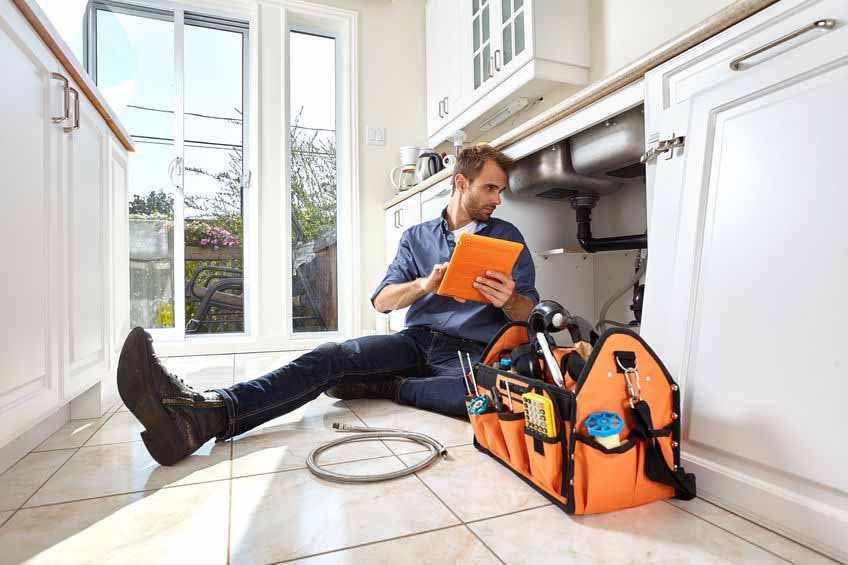
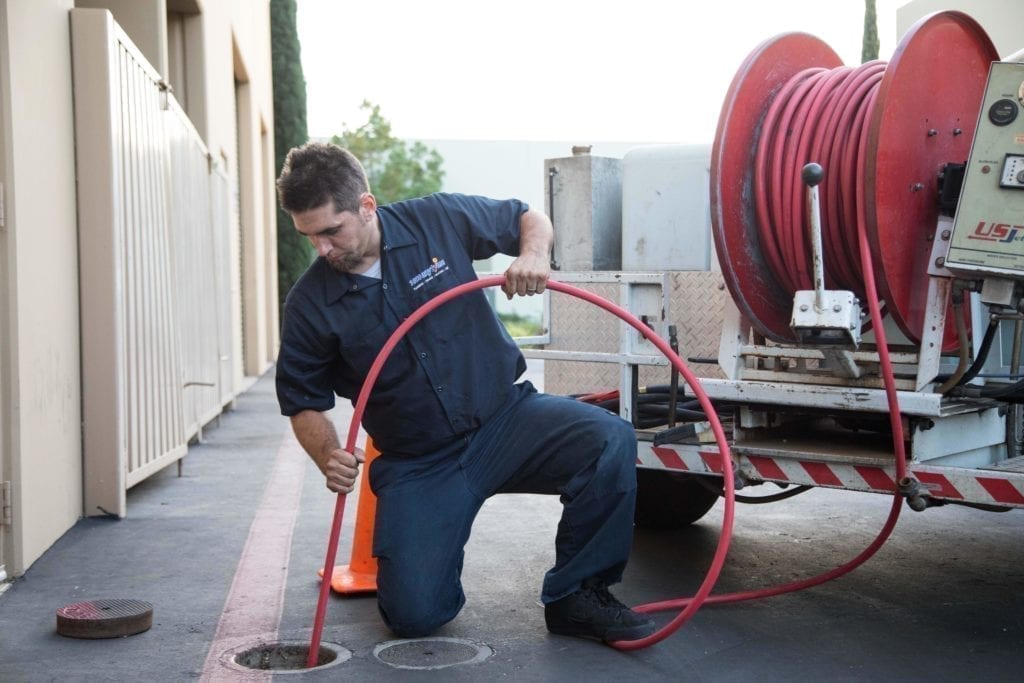



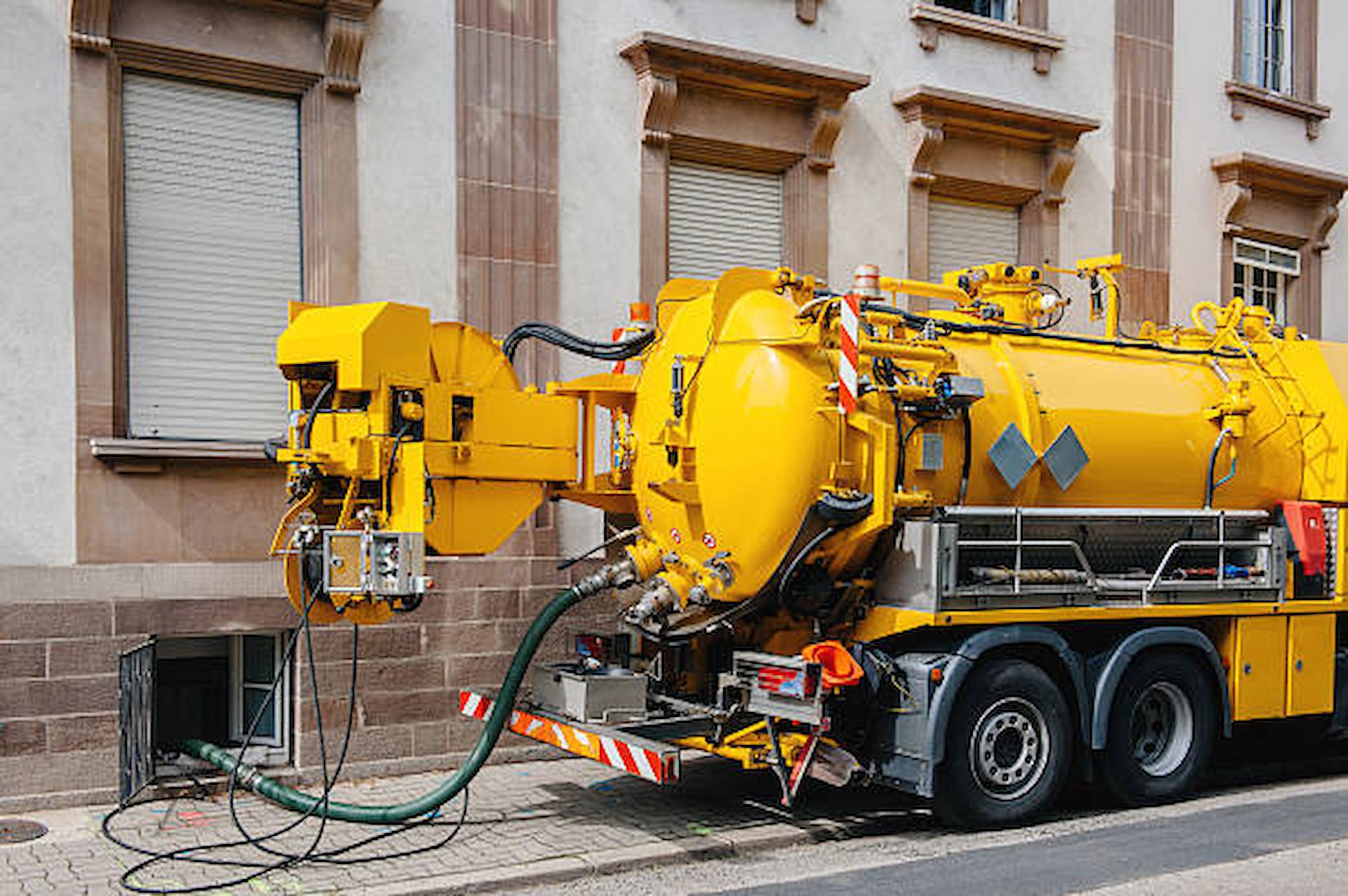
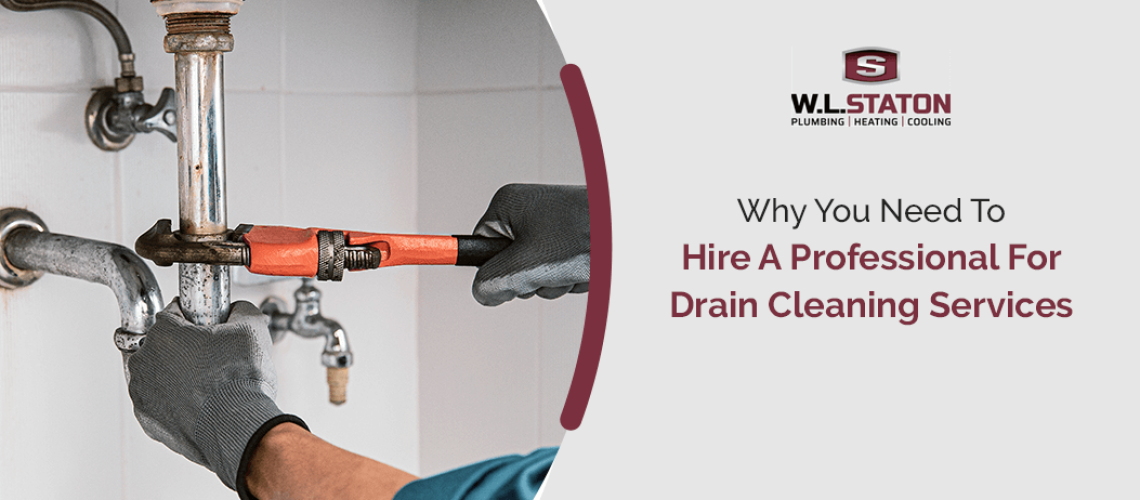






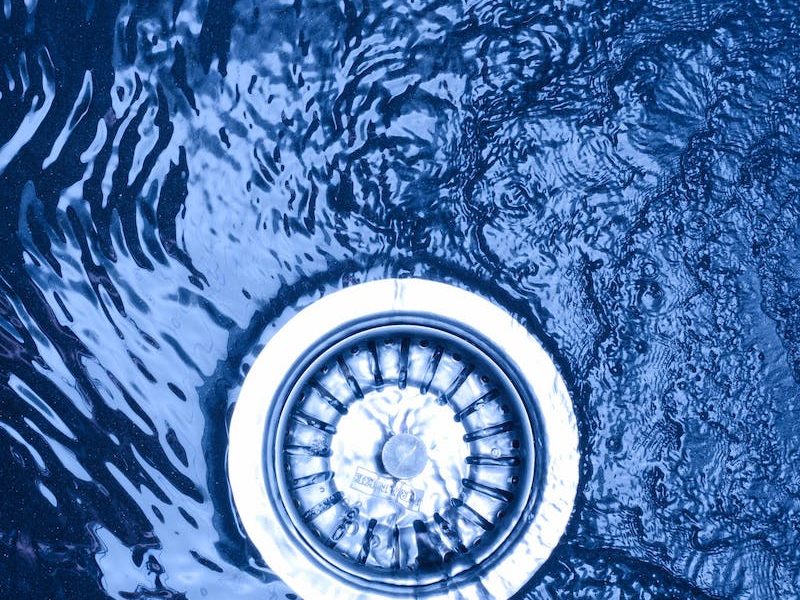
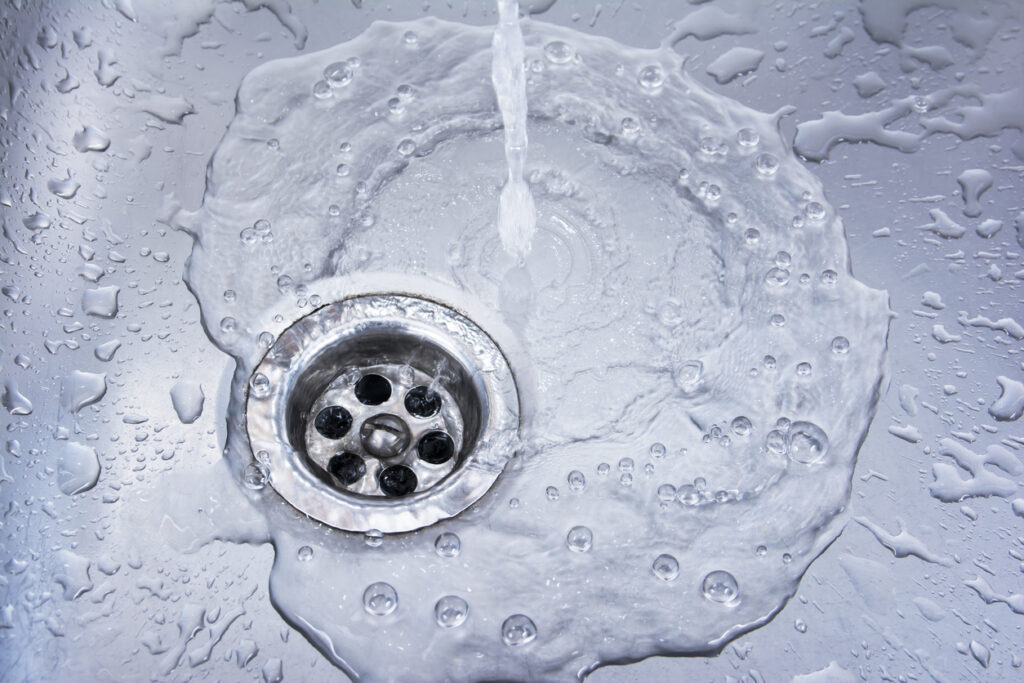






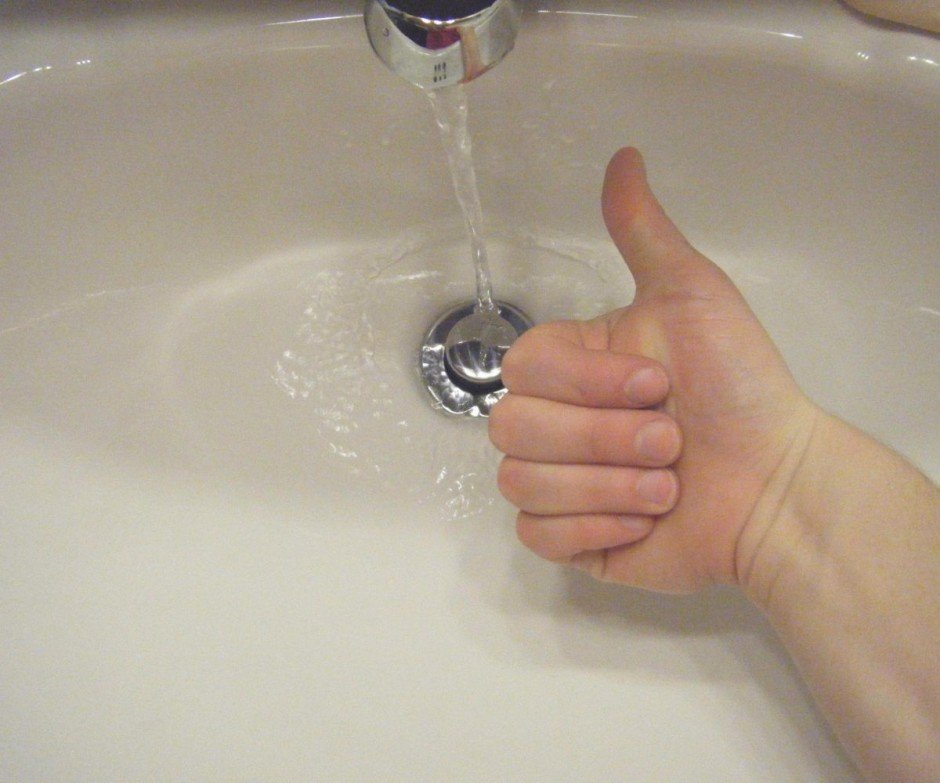





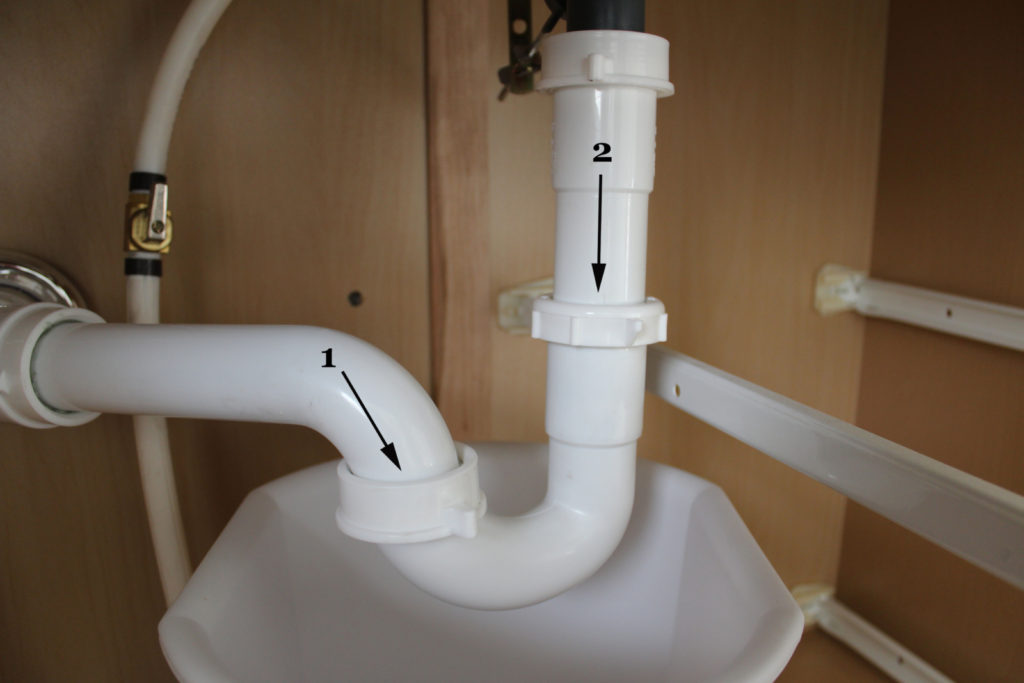








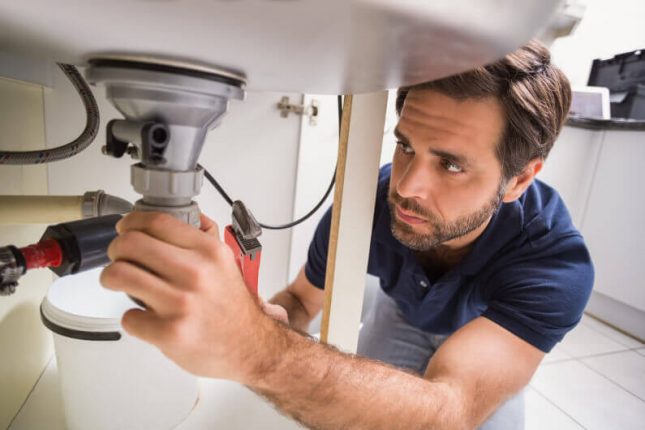

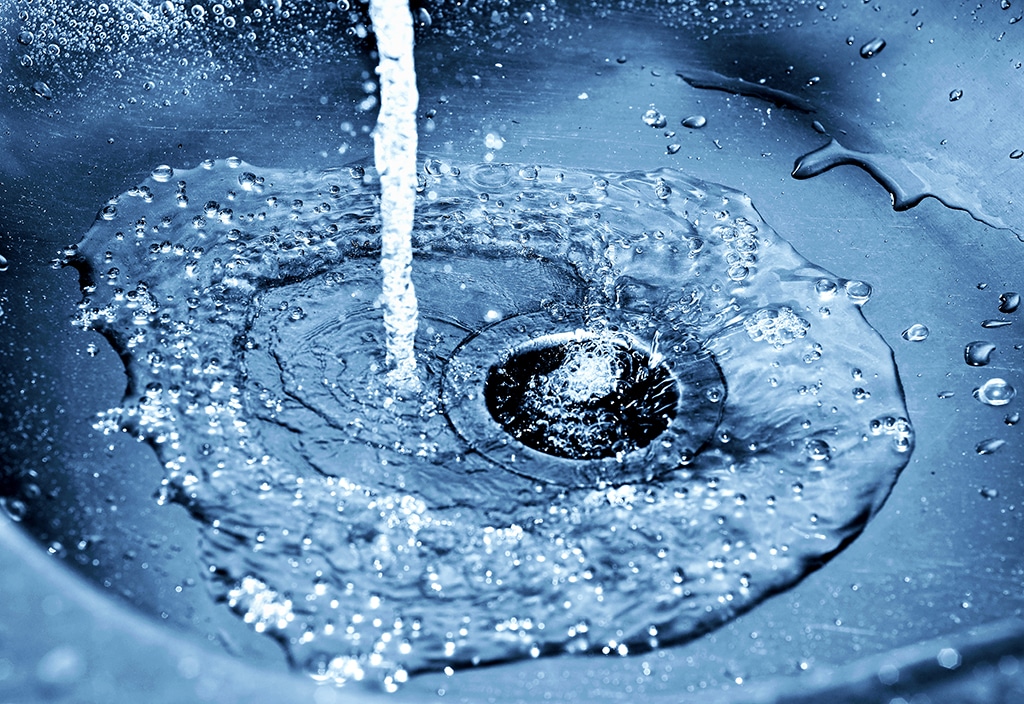


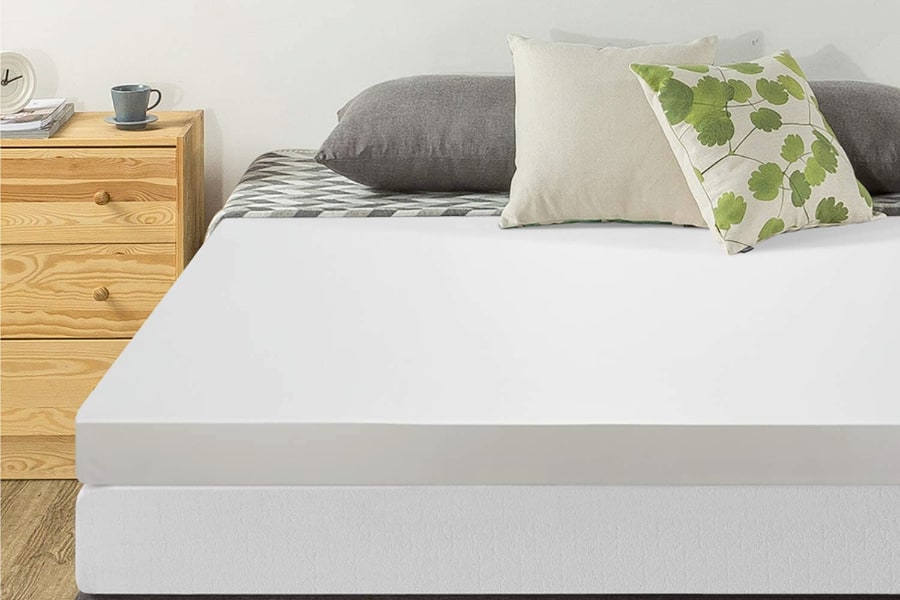

:max_bytes(150000):strip_icc()/47_fss_natural-concrete_603_1-920x600-2bd90a3d826f43a983d45fe9f5936607.jpg)

